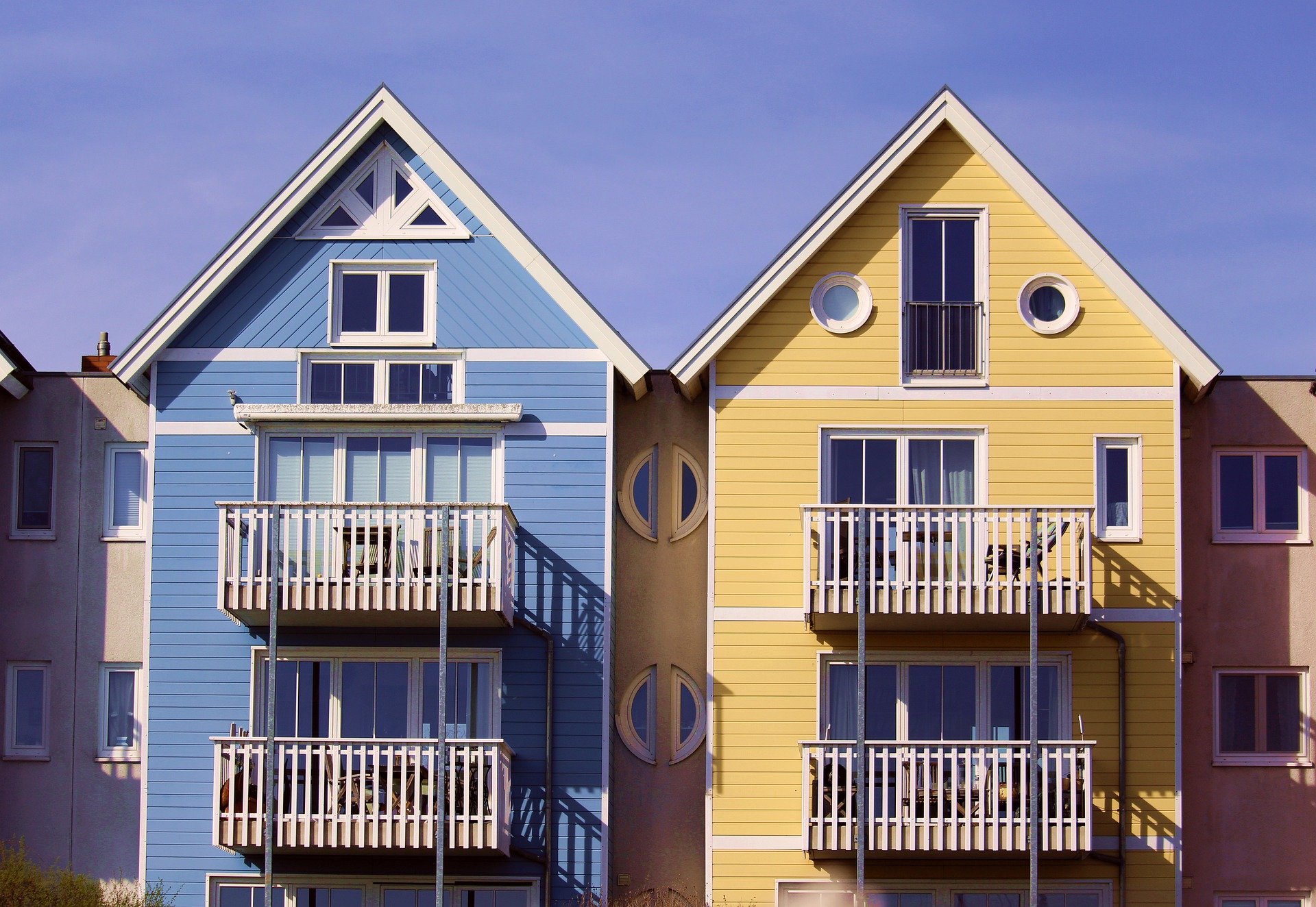How Does Negative Equity Affect Your Mortgage?
Negative equity refers to when the value of your property is worth less than what you still owe in mortgage payments. Negative equity affects nearly 500,000 properties in the UK, and some of these are in negative equity without being aware of it. There’s no need to panic, however, and there are steps that can be taken to mitigate its impact.
The basics of negative equity
The equity that a homeowner owns in their property is the value of the property minus what’s left to pay on the mortgage. If you owe more than the current value, then you are in negative equity. Here is an example to illustrate the basic concept of equity in property: your home is worth £300,000 and you then put down a £30,000 deposit, which means you will have a 10% equity share in the house.
Whether you bought your property as a buy-to-let property investment or as a home for you and your family to live in, everyone will hope that the value of their property will rise over time, meaning your equity value will have grown. On the other hand, if the housing market isn’t doing too well, perhaps due to a severe economic downturn or overheated market prices, the homeowner will fall into negative equity.
How can you tell?
As noted above, there are many homeowners in the UK that don’t realise they’re in negative equity. If you are not sure, then you may want to find out. To find out, you will first have to obtain a property valuation so that you can then calculate the difference between the home value and how much is left to pay on the mortgage.

You may be looking ahead and thinking of selling up and moving somewhere else, perhaps for employment opportunities or to be close to family members. Before you put your house on the market and make the final decision to sell, you may want to get a valuation to determine your home’s equity status. Once you have your valuation, you can then either:
- Check your mortgage statement and calculate the difference
- Contact your lender and ask them what is left to pay on the mortgage
What may cause negative equity to occur?
There are various reasons why a house will drop in value compared to when it was bought. It could be a downturn in the economy; a bubble in the market that has burst; or it could be a local phenomenon like a railway line being planned nearby. A 95% or even a 100% mortgage may sound like a good idea, but they do come with equity risks if there is a sudden drop in house prices in your area. The risk of falling into negative equity increases significantly where:
- You have either a 100%, 95%, or an interest-only mortgage. Interest only mortgages are common with buy-to-let property investors whose main strategy is to build up capital appreciation over the duration of the mortgage period. For investors, a temporary fall into negative equity is not a major concern if they plan on selling many years down the line. With house prices in the UK, the general trend is an increase in property value.
- You reside in an area that has been hit by a fall in house prices. If an area has been hit by a particularly bad spate of crime, for example, this may precipitate a fall in house prices in the area.
- You had paid more than the market value. In a competitive market, some buyers are willing to pay over and above the asking price in order to secure the property that they really want.
Negative equity and mortgages
A lender will unlikely approve an application to remortgage when the homeowner is in negative equity. The type of mortgage that the homeowner has will determine the situation if the owner is looking to remortgage or to extricate themselves from this situation.
- An interest only mortgage
- A fixed rate mortgage
- A tracker mortgage
An interest-only mortgage
If the homeowner has an interest only mortgage and falls into negative equity, the situation is a little more complicated. One option is to ask your lender if you can make larger payments on your mortgage; this may come with a penalty fee. The only other option is to sit it out and wait till the market recovers. If the negative equity is caused by something else, like a spate of rime in your area, then it is strongly advised to speak with an independent mortgage advisor.
A fixed rate mortgage
The best option for homeowners on a fixed rate mortgage is to carry on and maintain payments until the end of the term has been reached. If you are reaching toward the end of your term, then you can consider overpaying.
A tracker mortgage
If the mortgage isn’t an interest-only mortgage, negative equity can be reduced each month by making the monthly mortgage payments.
Negative equity mortgage
It is possible to apply for a negative equity mortgage. This is useful for those that don’t have the option of paying off their negative equity. Lenders who offer this type of mortgage have strict criteria, and only a limited number of borrowers are eligible to receive it.
A major benefit of a negative equity mortgage is that homeowners can move houses if they wish to without having to immediately pay off the negative equity. One drawback to such a mortgage, however, is that an early repayment fee can be charged.
ARE YOU READY TO START INVESTING?
Subscribe to our mailing list now for exclusive deals, investment guides and the latest information from the property market.







